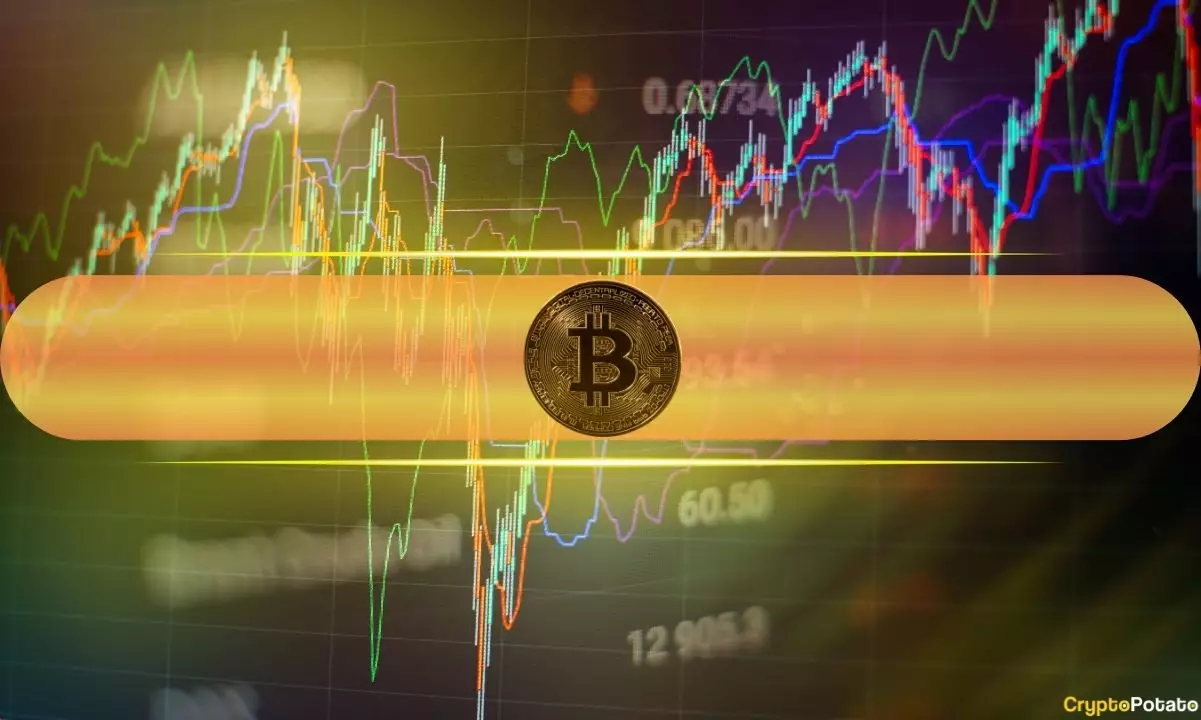This past Monday presented an electrifying spectacle in the cryptocurrency market, stirring both caution and enthusiasm among investors. Bitcoin (BTC), the leading digital currency, experienced a dizzying plunge from $106,000, spiraling down to just under $100,000. However, ironically, this dip was short-lived as BTC quickly regained its footing to soar past the old barriers, eventually hitting a staggering all-time high of over $109,000 within a matter of hours. Such volatility reflects the unpredictable nature of digital assets and serves as a reminder of their speculative inclinations.
In the backdrop of this financial drama, significant geopolitical events loomed large. All eyes were fixated on Donald Trump’s inauguration on January 20, with the U.S. traditional markets shuttered for Martin Luther King Jr. Day. The president-elect’s actions could indeed play a role in influencing market dynamics. While optimism preceded the inauguration, investors remained wary of the immediate executive orders that Trump hinted at, which promised to inject further uncertainty into the financial ecosystem.
Recent economic data offered a brief respite, with Core Consumer Price Index (CPI) figures delivering better-than-anticipated results that alleviated inflation fears. This news initially steered investors toward more bullish sentiments, laying a possible foundation for growth. Yet, as Martin Luther King Jr. Day unfolded with traditional markets closed, the crypto landscape seemed to teeter again, adding to the week’s rollercoaster feel.
Adding to the frenzy, Trump’s weekend venture into the crypto space with the launch of a memecoin dubbed TRUMP, witnessed remarkable fluctuations. This coin surged to an astounding market valuation of over $70 billion, only to crash dramatically, losing half of its value in a shocking display of the volatility that characterizes memecoins. Such rapid movements are testimony to the unpredictable trends that commonly plague the crypto market.
As investors grasp for clarity amid tumultuous market trends, upcoming economic indicators slated for release could potentially add more layers to the existing narrative. Thursday will unveil initial jobless claims, followed by Friday’s S&P Global Manufacturing PMI and Services PMI preliminary readings. As leading indicators, these metrics will provide insight into economic conditions that can impact both digital and traditional markets.
Moreover, the European Central Bank (ECB) is expected to discuss potential rate adjustments, which could induce ripples across global markets. Data releases related to existing home sales and consumer sentiment could further influence market dynamics, especially regarding spending patterns and inflation outlooks.
The cryptocurrency market started the week on a sour note, with over $200 billion evaporating from its total capitalization within days. Bitcoin’s dramatic descent back into five figures, dropping perilously close to $99,700, added to the prevailing sense of trepidation. Yet, with a remarkable rebound to an all-time high, the altcoin market also showed signs of life. Ultimately, while the digital assets landscape is rife with opportunity, it is equally susceptible to the caprices of both economic indicators and political events. Investors must prepare for a future where volatility is not the exception but the norm.

